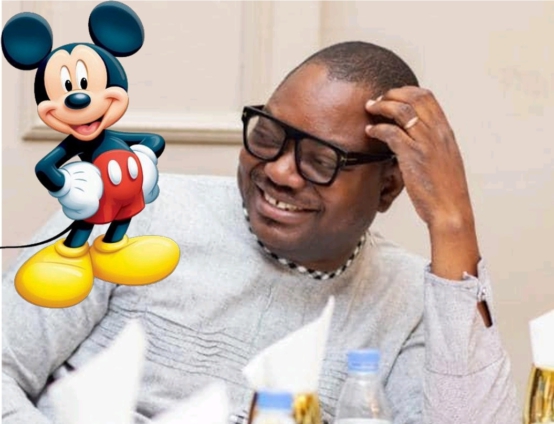Sir Francis Bacon, the eminent English statesman and a lawyer of the sixteenth and seventeenth centuries during the Elizabethan period of literature, once asserted: “Reading Maketh A Man”.
This remarkable statement has a wider and encompassing implication and meaning to an individual; and the society or nation in which he lives.
When an individual has a strong developed culture for reading, he becomes knowledgeable, well informed, educated and enlightened to solve his problems, and those of the society or nation in which he lives. He therefore, becomes a great asset to his nation but not a liability, as far as his nation’s advancement, development and prosperity are concerned.
It is indisputable that Euro-Americans and Asians have stronger and higher levels of culture of reading than Africans at the present time.
Chinua Achebe, the world renowned Nigerian Writer of “Things fall Apart” Fame, of blessed memory, once stated; “The Educated African reads only for a purpose”.
This remarkable statement by Chinua Achebe testifies to the fact that educated Africans are woefully found wanting in terms of wide or extensive reading for information, education, enlightenment and for pleasure or recreation for that matter.
In my opinion one of the major reasons that are accountable for Africa’s heavily underdeveloped situation is the very low level culture of reading among educated Africans!
It is a fact that educated Africans hardly read! They only read when they are preparing to deliver a lecture, speech or preparing for an interview etc., they have not developed a very strong love culture for reading extensively during their leisure periods.
As stated earlier in that foregoing, Euro-Americans and Asians are very far ahead on levels of reading culture than Africans.
Personally, this explains the sluggish pace of development and prosperity that is evident in Africa today in comparison to Europe, America and Asia. I can defend and justify this assertion in a longer critique, but not in this limited medium devoid of space and time!
In order to effect a speedy development of the African continent in this 21st century of recorded history, I advocate that educated Africans must develop a very strong culture of reading as Europeans, Americans and Asians are characterized with; so that the African continent will speedily attain a very high level of development and prosperity to relieve the African people from much suffering, under development, misery, diseases and sickness.
If educated Africans are able to develop a very strong and high culture of reading extensively on all fields of human endeavour, they will ultimately effect a change for the better in their present living conditions.
Gross ignorance emanating from illiteracy and semi-literacy are responsible for the prevailing heavy under development, poverty, diseases and sickness that are afflicting the African continent at the present time.
A very strong and high reading culture characterized and exhibited by educated Africans will definitely in the long run, bring about a positive change for the better on the African continent today.
A critical analysis and evaluation of Sir Francis Bacon’s remarkable statement is highly relevant and valid in the African situation today.
In conclusion, I hold the positive opinion that the African continent will experience a speedy development and prosperity, if all educated Africans will develop a very high level culture of reading extensively that will compare favorably to those of Europeans, Americans and Asians.
This is because the African continent is the greatest naturally endowed continent in the world; and Africans have the opportunity to take advantage of this favorable factor; and work very hard individually and collectively to make their continent very wealthy, powerful, developed; and prosperous devoid of poverty, suffering, diseases and sickness.
Africa has the great potential of achieving this great noble objective in this present 21st century of recorded history, if all educated Africans will respond positively to what had been articulated in this short article.
















